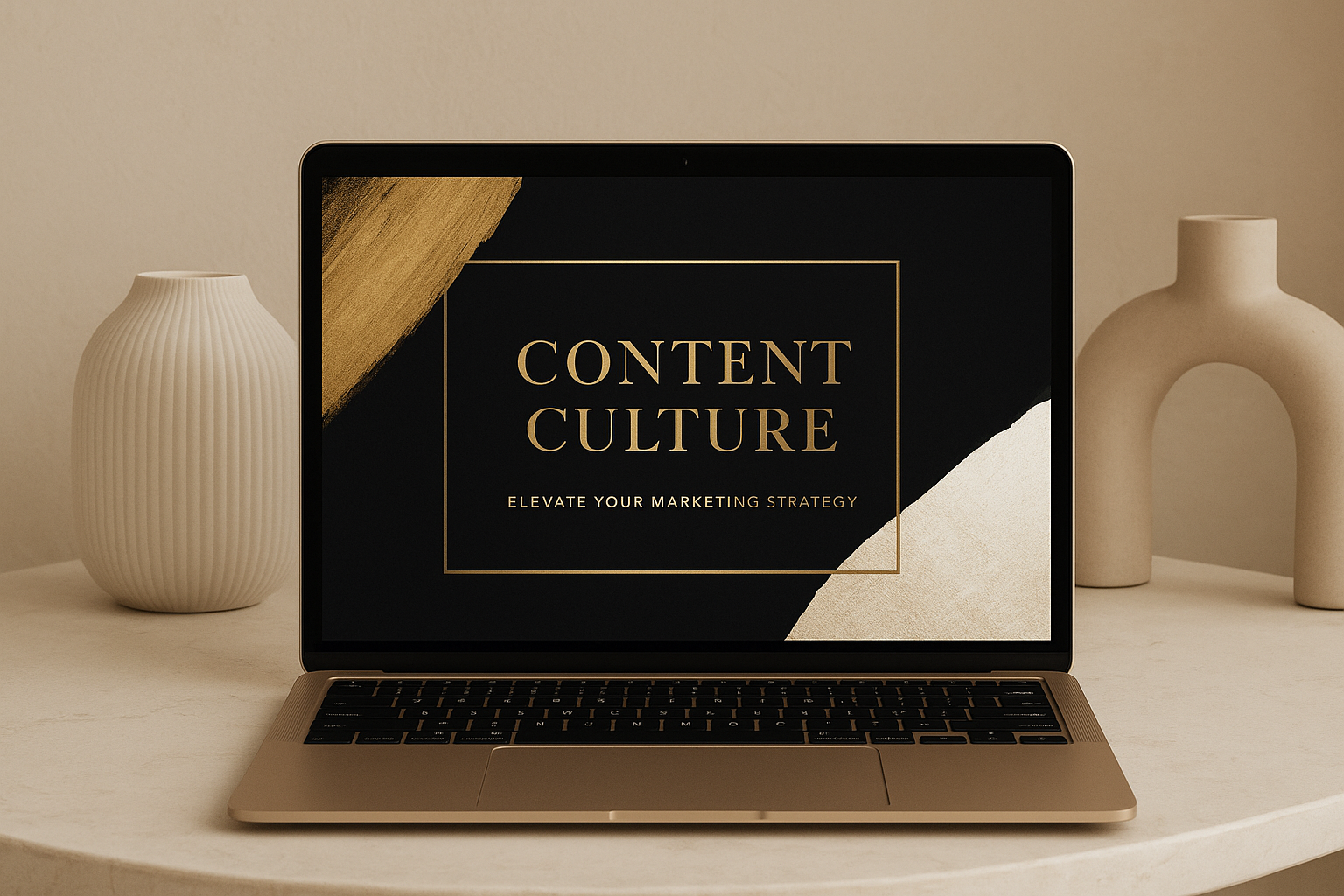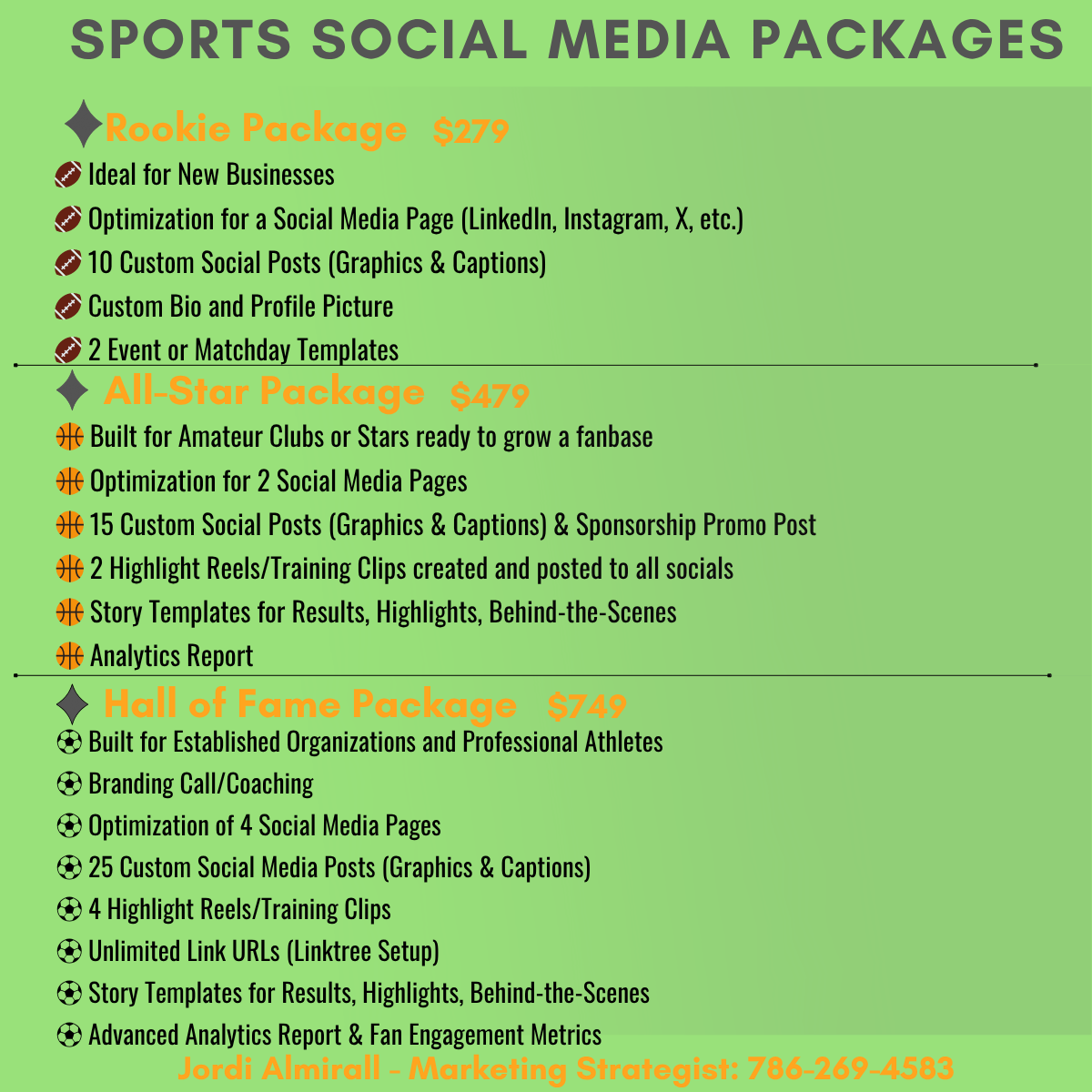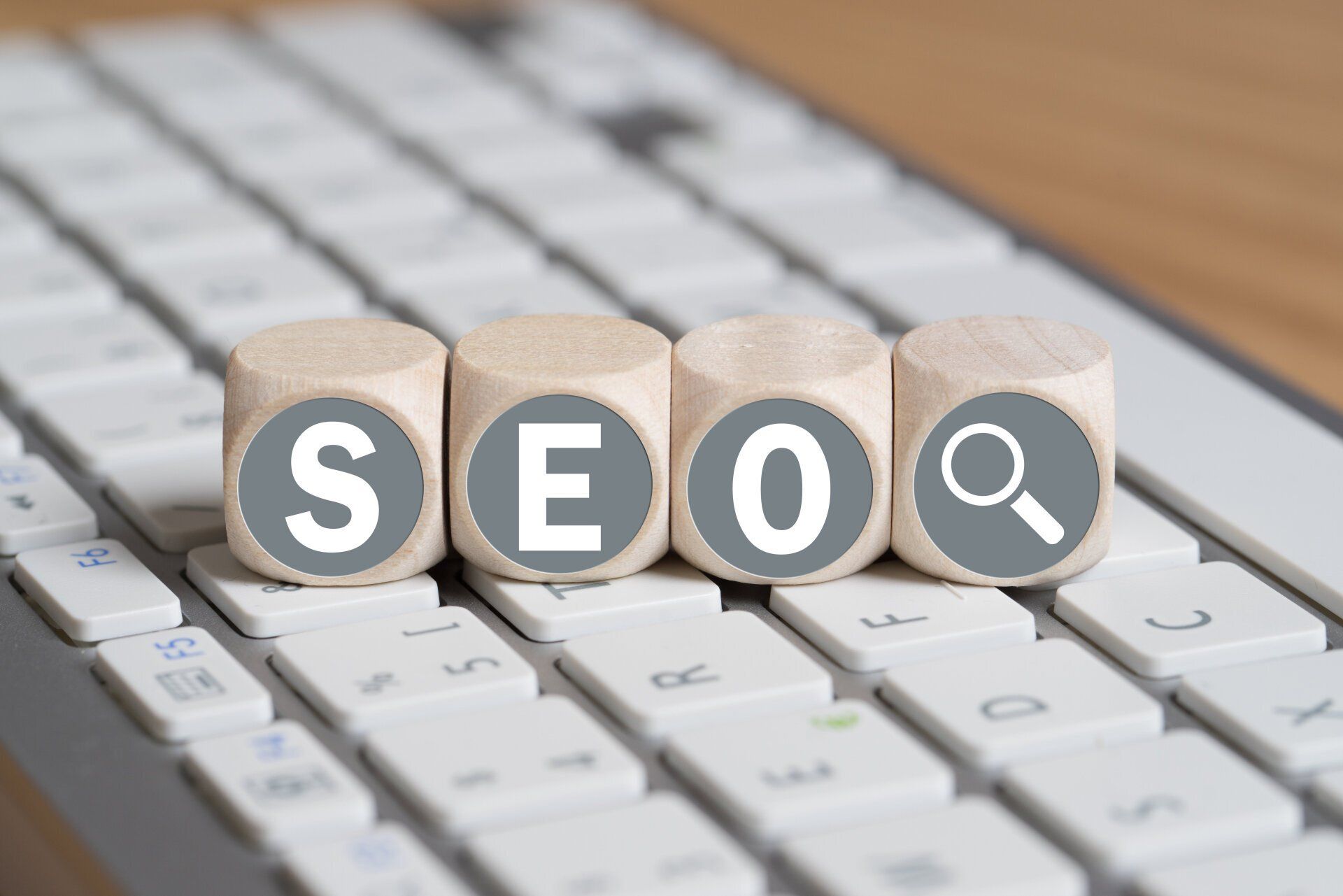Is AI Revolutionizing Marketing or Replacing Marketers?
Artificial Intelligence (AI) is no longer a futuristic concept confined to tech labs and sci-fi movies—it’s now a critical component of business strategy, especially in the field of marketing. As AI tools become more advanced and accessible, organizations are increasingly turning to them to optimize their marketing efforts, improve customer experiences, and gain competitive advantages. But amid the excitement and innovation, a pressing question arises: Is AI simply revolutionizing marketing, or is it slowly replacing the role of the marketer altogether?
The Integration of AI in Modern Marketing
AI has made its way into virtually every corner of the marketing world. Businesses of all sizes now use AI to collect, analyze, and act on massive amounts of customer data. Whether through AI-driven email automation, chatbots providing 24/7 customer service, or predictive analytics shaping ad targeting, the technology is enabling marketers to operate with greater precision and efficiency.
One of the most impactful uses of AI lies in customer personalization. Platforms like Amazon, Spotify, and Netflix have set a new standard by offering highly tailored recommendations, powered by machine learning algorithms that continuously analyze user behavior. These same principles are being applied across e-commerce, social media, and content marketing to create experiences that feel relevant and timely—often before the consumer even realizes what they want.
Efficiency vs. Human Insight
The promise of AI is clear: faster decision-making, reduced costs, and better outcomes. For example, programmatic advertising—where AI automatically buys and places ads in real time based on user data—has drastically changed the way businesses manage ad spend. In content marketing, AI tools can suggest headlines, generate social media captions, and even draft blog posts using natural language generation.
However, there’s a fine line between automation and authenticity. While AI can optimize when and where to deliver messages, it lacks the emotional intelligence and cultural context that human marketers bring to the table. AI can predict which products a customer is likely to buy, but it can’t fully understand the “why” behind a person’s behavior, motivation, or emotional state. Strategy, creativity, and storytelling—arguably the heart of marketing—still require human input to resonate with audiences in a meaningful way.
Enhancing Human Roles, Not Eliminating Them
Despite concerns about job displacement, AI should be viewed more as an enabler than a replacement. In fact, the most effective marketing teams today are those that blend human talent with AI-driven insights. Rather than removing the need for marketers, AI is changing the nature of their work—shifting the focus from repetitive tasks to more strategic, creative, and analytical roles.
For instance, instead of manually segmenting email lists or scheduling campaigns, marketers can now spend more time interpreting customer feedback, refining brand messaging, or testing new formats. AI tools free up bandwidth, allowing professionals to focus on higher-level decision-making and long-term brand development.
Moreover, the growing demand for professionals who can manage, interpret, and apply AI tools signals a new set of career opportunities. Marketers with data literacy, technological fluency, and strategic thinking are more valuable than ever.
Real-World Examples of AI in Action
Businesses across industries are using AI to transform their marketing operations:
· Coca-Cola uses AI to gather insights from social media and customer feedback to develop new flavors and campaigns.
· Sephora’s virtual assistant helps customers select the right makeup using facial recognition and machine learning.
· HubSpot integrates AI across its CRM and marketing tools to help small and medium businesses create better content, automate outreach, and analyze customer interactions.
These examples illustrate that AI isn’t about replacing humans—it’s about helping them do more, better, and faster.
The Ethical and Strategic Considerations
As AI becomes more embedded in marketing strategies, businesses must also navigate the ethical implications. Data privacy, algorithmic bias, and transparency are major concerns. Consumers are increasingly aware of how their data is being used, and any misuse can damage brand trust.
Organizations need to be transparent about how AI is used in customer interactions and ensure that algorithms are regularly reviewed for fairness and accuracy. Furthermore, it’s
crucial to avoid over-automation. If every customer touchpoint is handled by a bot, brands risk losing the personal touch that builds loyalty and long-term relationships.
Strategically, businesses must resist the urge to adopt AI simply because it’s trendy. Instead, they should identify clear objectives—such as improving lead conversion, increasing engagement, or reducing churn—and apply AI solutions that align with those goals. Successful AI integration is not just about tools; it’s about people, processes, and purpose.
Preparing for the Future
AI will continue to evolve, and so will its role in marketing. As generative AI, voice search, augmented reality, and other technologies become more widespread, marketers will need to remain agile and committed to continuous learning.
Organizations should invest in training and upskilling their teams to understand how AI works and how to leverage it ethically and effectively. Likewise, professionals in the field should be proactive in building hybrid skills that combine creativity with data-driven thinking.
Ultimately, the marketers of tomorrow will be those who can seamlessly collaborate with AI—knowing when to automate, when to personalize, and when to simply be human.
A Powerful Partnership
So, is AI revolutionizing marketing or replacing marketers?
The answer, at least for now, leans strongly toward revolutionizing. AI is transforming the way marketers work, offering powerful tools to enhance efficiency, accuracy, and impact. But the true power of AI in marketing comes when it is paired with human insight, creativity, and strategy.
Marketers who embrace this partnership will not only remain relevant, they’ll lead the next era of innovation in the field.
Written By: Tyler Federman | Marketing Strategist | Content Culture












